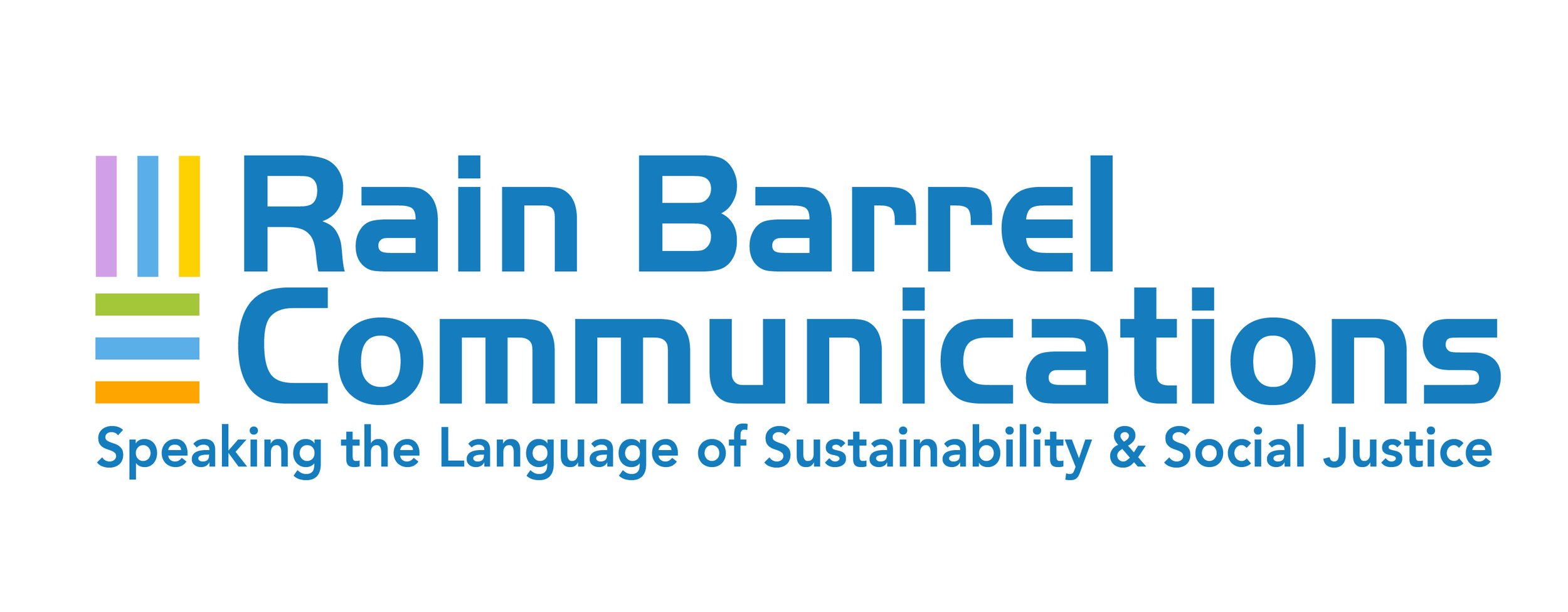Zika virus: a dystopian future is not inevitable
Bill McKibben is right: “We’re in an emergency.”
The rapid spread of the Zika virus throughout Latin America and its strange and frightening behavior are only one aspect of the not-so-slow-motion disaster that is upon us. McKibben tells it like it is – in the era of climate change, the face of the emergency “…morphs each week into some new and hideous calamity.”
http://www.theguardian.com/commentisfree/2016/jan/25/zika-virus-brazil-dystopian-climate-future
McKibben is right on the mark to connect the dots between the emerging Zika crisis and the larger picture of climate change and globalization driven by fossil fuels and unrestrained consumption. As the climate warms, the mosquitoes that transmit the virus are claiming more and more terrain and mutating to adapt to new conditions. With worrisome effects.
Babies born with microcephaly... advice not to get pregnant... don't travel... don't get bitten by mosquitos. This is the stuff of horror movies. Governments, public health authorities and scientists are racing to mount an effective response that doesn't result in fear and panic.
Rain Barrel is in discussions with several potential partners to see how we can contribute to the Zika response. Members of our team have experience developing crisis and social change communication strategies in the face of outbreaks, e.g., Ebola, avian flu, dengue, polio, among others. Lessons learned from past crises show that communication strategies must connect the dots between individual behaviors, social change, local cultures and public policies -- a holistic response that, we hope and pray, will help keep the “dystopian future” described by McKibben from happening.

